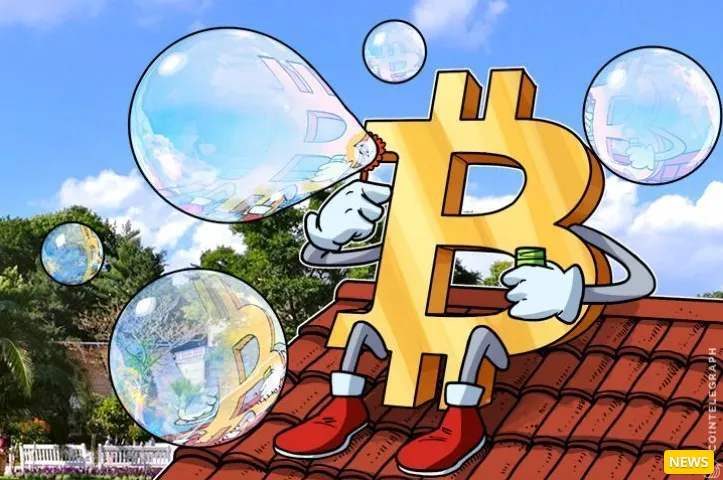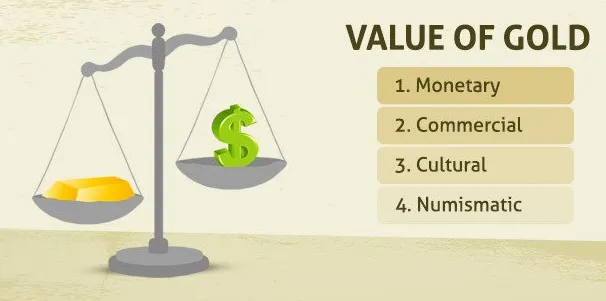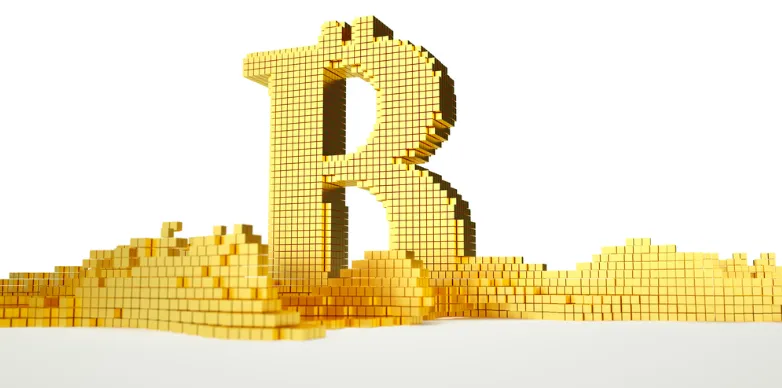
Yale economics professor and Nobel Laureate Robert Shiller has admitted in an interview with CNBC Thursday, Jan. 18., that he now “doesn’t know what to make of Bitcoin ultimately” after earlier calling it “the best example of a bubble”.
Shiller overall remains skeptical, stating that “[Bitcoin] might totally collapse and be forgotten and I think that's a good likely outcome but it could linger on for a good long time, it could be here in 100 years.”
This is another big win for bitcoin and altcoins. 100 years of "bubble" existence? I'll take it! It only needs another 20 years (max) for bitcoin to reach its full potential and become the digital gold.
Bitcoin as digital gold? Many people are skeptical about this concept of digital gold since they question bitcoin's (lack of) inherent value. It's one of those "wall" that bitcoin needs to face and overcome. After all, doubters questioned the Internet's inherent value before. Also questioned dot.com companies (in the likes of facebook and twitter) inherent value. And gold was no exception.
What is the inherent value of gold?
It may surprise many that several financial advisors of recent past believed that gold and silver have no inherent value hence advised their clients to stay away from these precious metals. To them, those who claim that gold or silver as a safe asset and store of wealth have been mislead by superstition.
To understand their argument, we need to compare gold to commodities like wood, grain and oil. Lumber (wood) can be used to build houses and furniture, grain can be used as food, and oil can be turned into energy for a variety of industrial purposes. It's easy to see the inherent value in these things.
Gold on the other hand, you can't use it to build houses, nor eat, nor drive a car with it. Its value must come from somewhere else right?
Is gold's shiny property gives it its inherent value? After all, it has been used for centuries in the crafting of jewelry and other ornaments. It has always been "desired" for these purposes. Many wars were waged in the name of gold.
But no. It is neither the glimmering earrings nor necklaces that comprise the majority of gold’s inherent value. It's something else.
Their value comes from nothing less than their efficacy as a medium of exchange – as a form of money. This may sound crazy at first, or perhaps incomprehensible to claim that gold is valuable because it can be used as store of value, but this is precisely the point. Precious metals, through their very nature, are simply commodities that are best suited to be used as money.

Think of this for a minute. Throughout the Roman empire, before the value of precious metals were accepted and appreciated, Roman citizens used salt as the medium of exchange (Roman money). In fact the word "salary" was derived from "salt" as workers at that time received salt in exchange for their labor. But because of its property (it dissolves at high temperature in your pocket!), the Romans had to find a better way of exchanging things. This is where gold and silver coins came in. Would you rather carry with you several sacks of salt or several gold and silver coins?.

If gold's inherent value comes from its being a more efficient and secure form of exchange, surely bitcoin (and altcoins) falls in the same token. In fact, gold and bitcoin share a lot more similarities than salt and gold.
The Gold of the Digital Age:

Sources:
www.cointelegraph.com
www.sbcgold.com
Money Morning Australia
lsned.com